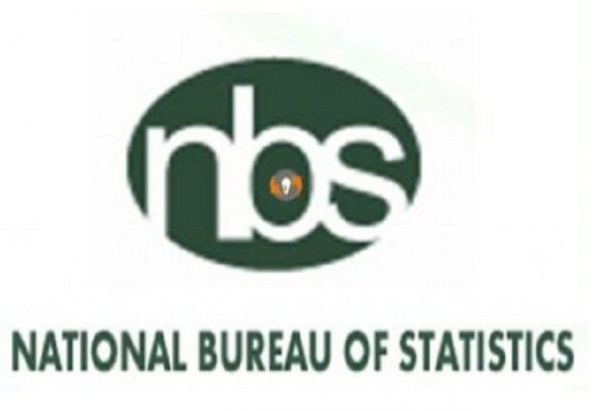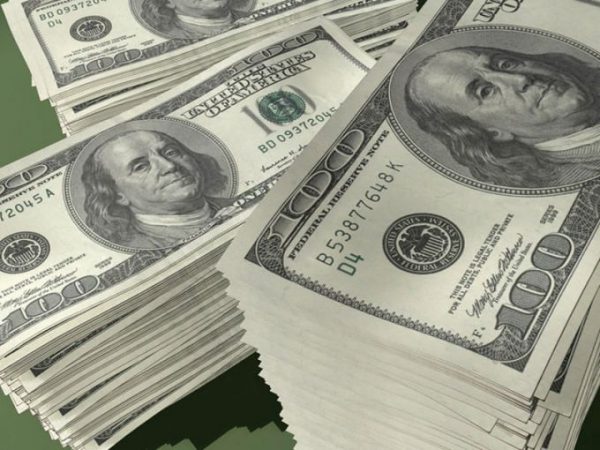Commodity import index rose by 0.16% in Q2 – NBS
 The all commodity group import index rose by 0.16 per cent in the second quarter of 2020, the National Bureau of Statistics said on Monday.
The all commodity group import index rose by 0.16 per cent in the second quarter of 2020, the National Bureau of Statistics said on Monday.
The NBS, in its ‘Commodity price indices and terms of trade (Q2 2020)’ report, said, “The all commodity group import index rose by 0.16 per cent between April and June 2020.
“The index was driven by an increase in the prices of footwear, headgear, umbrellas, sunshades, whips (5.52 per cent), raw hides and skins, leather, furskins, etc.; saddlery (5.28per cent), pearls, precious and semi-precious stones, precious metals (3.71 per cent).
“It was, however, negatively affected by prepared foodstuffs; beverages, spirits, and vinegar; tobacco (-4.60 per cent), live animals; animal products (-1.94 per cent) and articles of stone, plaster, cement, asbestos, mica, ceramic (-1.36 per cent).”
The NBS said between April and May, the all commodity group import index rose by 0.84 per cent.
During this period, it stated, the index was driven by higher prices of footwear, headgear, umbrellas, sunshades, whips, etc. (2.76 per cent), raw hides and skins, leather, and furskins, among others; saddler (2.67 per cent), pearls, precious and semi-precious stones, precious metals (1.87 per cent) and miscellaneous manufactured articles (1.62 per cent).
However, it added that the rise was offset by decreases in the prices of articles of stone, plaster, cement, asbestos, mica, ceramic (-0.68 per cent), live animals; animal products (-0.50 per cent), as well as vehicles, aircraft and parts thereof; vessels, etc. (-0.34 per cent), among others.
It said between May and June, the all commodity group import index fell by -0.68 per cent, driven by decline in prices of prepared foodstuffs; beverages, spirits and vinegar (-5.06 per cent), live animals; animal products (-1.44 per cent), mineral products (-1.09 per cent) and vegetable products (-0.37 per cent).
This was offset by increases in the prices of footwear, headgear, umbrellas, sunshades, whips, etc. (2.76 per cent), raw hides and skins, leather, furskins, etc.; saddlery (2.60 per cent), pearls, precious and semi-precious stones, precious metals (1.84 per cent) and miscellaneous manufactured articles (1.59 per cent), materials (-6.02 per cent).
The NBS stated that the terms of trade represented the ratio between a country’s export prices and its import prices.
The ratio was calculated by dividing the price of the exports by the price of the imports, usually in percentage terms.
An increase in the terms of trade between two periods (or when TOT is greater than 100 per cent) means that the value of exports is increasing relative to the value of imports, and the country can afford more imports for the same value of exports.
For example, an increase in the price of oil between two periods (with oil production remaining the same) is likely to increase or improve the terms of trade for Nigeria and vice versa.
The TOT is recorded as an index, and can be used as an indicator of an economy’s health.







